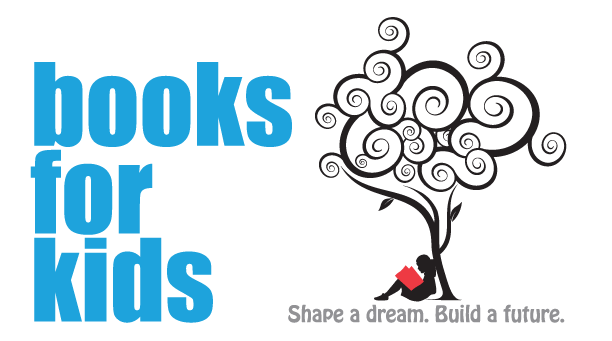
The phrase "early literacy skills" doesn't imply that children become independent and proficient readers earlier or younger. It is perfectly developmentally "normal" for children to be reading on their own by a variety of ages, and most kids will not be independent readers by the time they leave PreK. To feel confident in school and beyond, it's important that they are hitting certain crucial reading milestones by kindergarten, and especially by the third grade. If kids fall behind by third grade, it becomes enormously difficult to catch up and the risk that they might not graduate from high school increases.
Early literacy skills are the foundational skills required to place students on the path to literacy and create the map for future learning and growth. Skills like turning a page or identifying who the main characters in a story are may seem small, but they are exciting achievements during an important developmental stage for young children.
Here are some advances that young students in our programs have made, directly from their parents and teachers:
"My daughter is using bigger vocabulary words."
"The Books for Kids library...gives my child the ability to learn new and bigger words and to think outside the box."
"My child was very shy before getting the books. They made her willing to talk and open up more."
"My son has learned to speak more clearly and his enunciation has improved."
"My daughter learned English thanks to the library."
"This program taught my son responsibility. He truly cares about the books and wants to return them with great care."
"The library helps my child recognize words, shapes, colors, and pictures as well as numbers and letters.”
“My son showed me how to turn the pages in the book and points to the words he recognizes.”
"Children learned to hold the books, how to turn the pages, and how to follow the words on the page. They often mimic the librarian and the teachers. They learned recall through this reading program.”
"They have learned to identify the main characters from the stories read."
When we hear testimonials like these, we know that our literacy programs, which center PreK-aged children from communities without sufficient access to books, are on the right track. Our evidence-based programs — designed around the idea that abundant access to books, promoting positive associations with reading and learning, and creating the space for children and the adults in their lives to bond through books — set the foundation required for literacy.
This work must happen in the brief window of early childhood: birth to age five. Despite the importance of setting this foundation early, most investments in education don't begin until kindergarten. Our organization seeks to support students while spreading awareness that early childhood is a developmental stage too important to overlook.
Head this way if you'd like to make a gift in support of this work. Your gift helps to create lending libraries, provide new books for home collections, bring Story Time to life, and provide literacy support to schools, families, family shelters, and other community spaces.

nice article, thank you